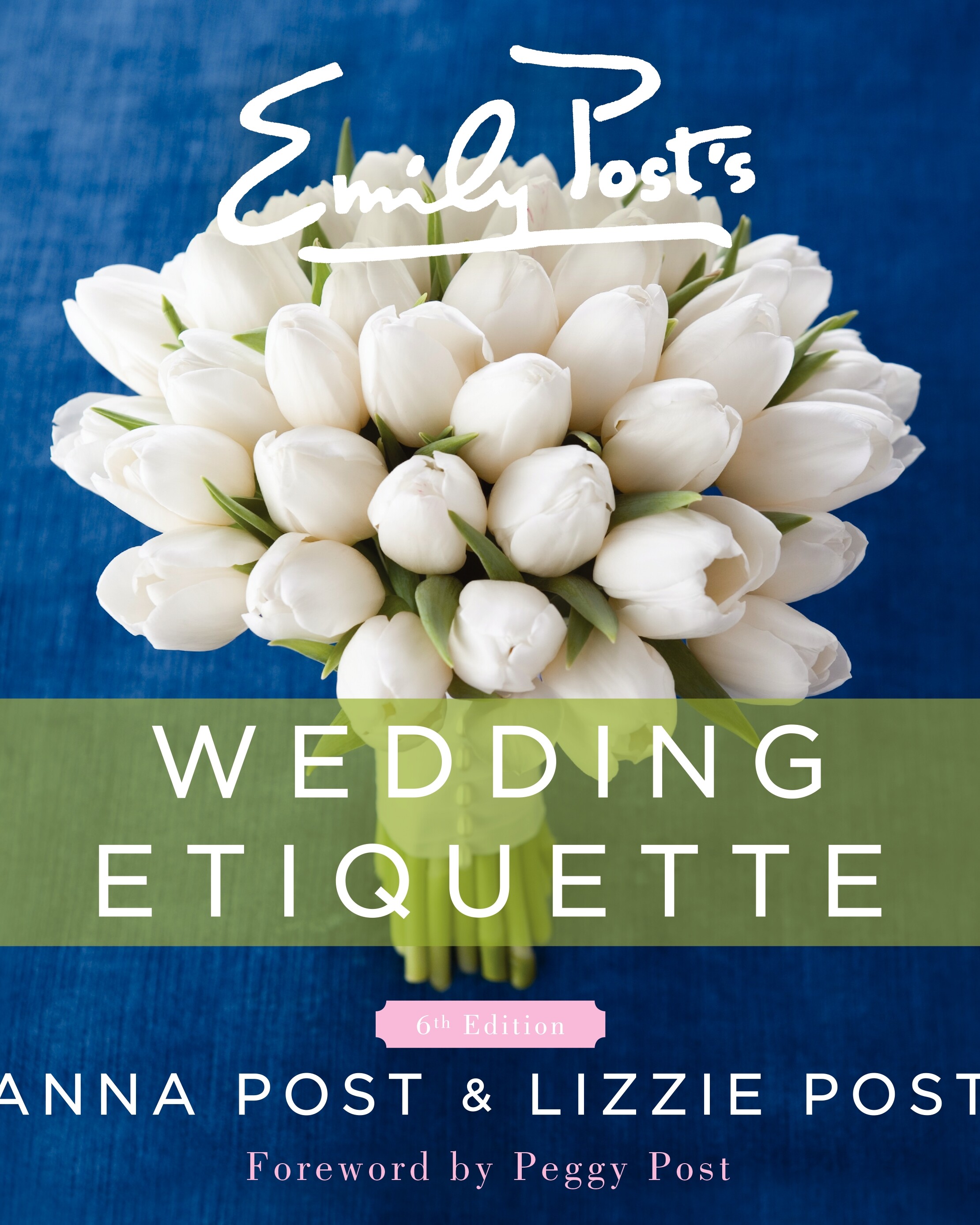
Inside Weddings: Multicultural Weddings
Love and marriage are fundamental parts of a life shared the world round, and each culture and faith has its own special ways of celebrating and honoring the combining of two lives—most of them traditions that have been passed from generation to generation. Brides and grooms today are finding each other across all kinds of religious and cultural divides, and the rise of multicultural and interfaith weddings has led to beautiful new expressions of identity, culture, and faith, as well as whole new sets of traditions. At its core, etiquette is about treating others with consideration and respect: Emily Post explained it as "a sensitive awareness to the needs of others." This makes etiquette a strong tool to help bridge and celebrate both commonalities and differences of culture or faith.
Combining Traditions
When the bride and groom come from different cultural backgrounds, incorporating their individual traditions into the wedding events can be a connective thread that links both families together. Fusing traditions of old with modern adaptations can enhance and enrich an already beautiful event. From the standpoint of etiquette, couples have the freedom to create a wedding that is as unique as they are. Your only responsibility as you make your choice is to find a genuine reflection of yourselves while being respectful of your guests' experience.
First, spend time as a couple thinking and talking about which traditions from your faith or culture are most meaningful to you—what couldn't you be married without doing? Let your partner know why the tradition is special to you, and describe how he or she would play a part in it.
Family
Many couples already know the traditions they would like to incorporate and can turn their focus to how best to weave them together. Talk with your families and your officiant to hear their thoughts and ideas about what should be included and in what order the ceremony should unfold. Officiants have a wealth of experience guiding couples through these choices. They may also have good perspectives on why holding on to or letting go of certain elements works—or doesn't.
If you're looking to add some cultural touches to your wedding but are unsure where to start, turn to your family—parents, grandparents, aunts, and uncles—for stories of their own weddings. A little research about your culture or faith may reveal traditions that you would like to include or revive. Whether it's a custom from your own culture or borrowed from another, so long as you find meaning in or feel a genuine connection to a custom, and approach incorporating it with respect, you won't go wrong.
Some families can be a source not only of support and wisdom, but also well-intentioned but unsolicited advice. Listen to your families' wishes, especially about traditions that are important to them, and be willing to at least consider their ideas. They key is to find a balance between being true to yourselves and making the day enjoyable and meaningful to your family as well.
Guests
Let guests unfamiliar with your faith or cultural customs know what to expect. If you feel the flow of your wedding will be unfamiliar to many guests, you might include a rundown of the agenda in advance, rather than just on the day-of program. Wedding guests want to be good guests, and arming them with what's expected of them gives them the confidence that they won't make a gaffe. Post need-to-know information, such as requiring head coverings or the removal of shoes in the place of worship, on your wedding website or include it on an enclosure sent with your wedding invitation. This prepares guests, allowing them to understand what will be asked of them and to feel ready to participate.
When possible, it's lovely to let guests know more detail about particular customs. Give context: What's the story or significance behind a certain tradition? Is there a reason it's particularly meaningful to you or your family? A deeper understanding will draw your guests more personally into your ceremony. The wedding program is the best place to explain wedding ceremony traditions, while reception customs lend themselves well to on-the-spot explanations by the couple or their parents.
The Big Day
No matter the combination of faiths or cultures, weddings are never a day for big surprises or changes to the wedding plan. Make sure everyone involved in the ceremony and reception or other events knows the program. On such a big day, adjusting expectations on the fly is a recipe for disaster—there's too much emotion involved, especially if the change involves tradition. As a landmark event in your lives, it's natural for you and your fiancé to have a vision of what you want your big day to be. Planning for and sharing that vision with everyone will ensure the day of your dreams comes true.
This article originally appeared in Anna Post's column in the Spring 2010 issue of Inside Weddings









